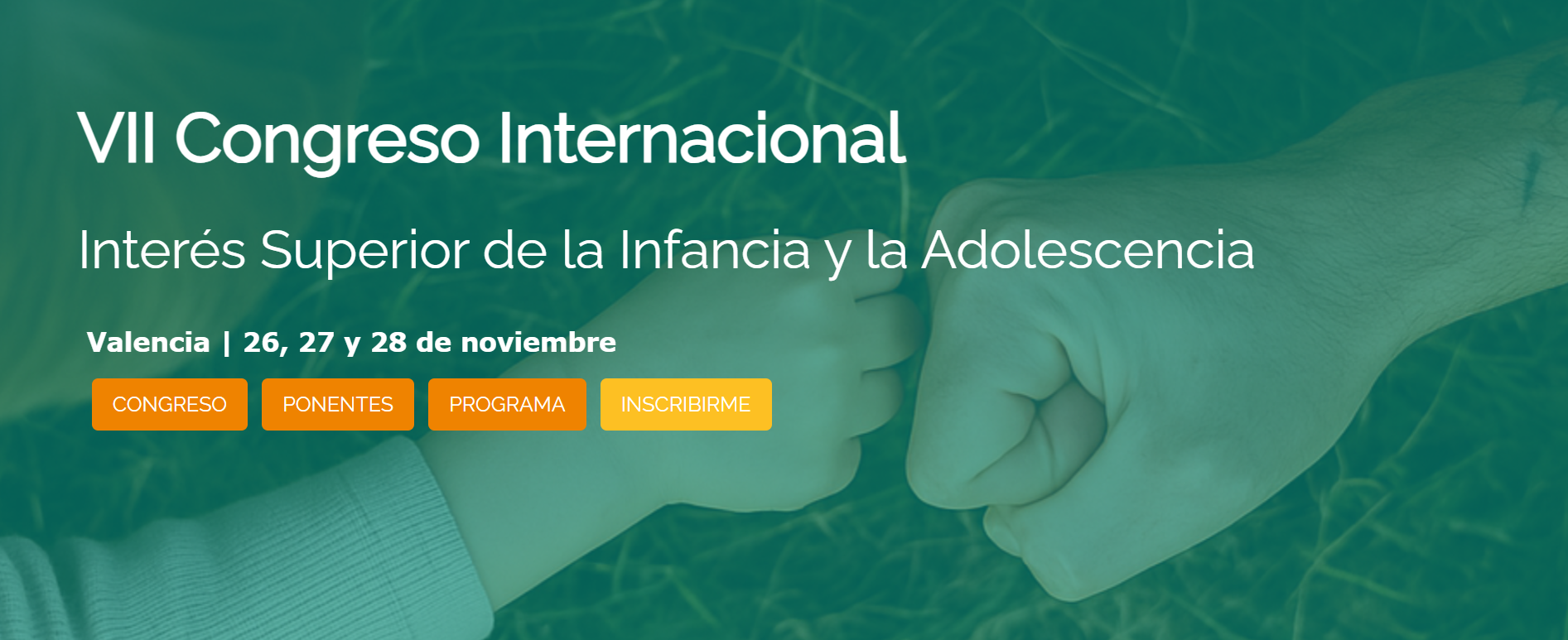COVID19 crisis. People living in institutions must not be written off
Children who are segregated in short or long term residential care are now more vulnerable than ever to human rights violations
Whilst governments have focused on addressing the health and economic aspects of the crisis, the social care sector is being left behind, with drastic consequences on service availability. Support services are adapting to respond to new needs; however the lack of flexibility in funding is putting many community-based services at risk of closure. Some services, including homeless shelters, are forced to stay open but lack public support for protective materials, and extra staff to compensate for sick staff and more users. Residential services are often the last receiving hygienic and personal protection equipment.
Children, older people, persons experiencing homelessness, persons with disabilities and mental health problems who are segregated in short-term and long-term residential institutions are now more vulnerable to human rights violations than ever.
The European Expert Group on the Transition from Institutional to Community-based Care (EEG) and Eurochild calls on EU leaders to ensure its response to COVID-19 takes into consideration persons living in institutions in Europe as they face increased risks of abuse, neglect, health issues and mental distress. Adequate funding to social and care sector is needed, as well as support to families and carers. This can prevent an increase in institutionalisation and a worsening of the conditions of those who are living in residential segregating settings.
Read the full statement here, including recommendations for the EU’s Coronavirus Response Initiative and Solidarity Fund.





